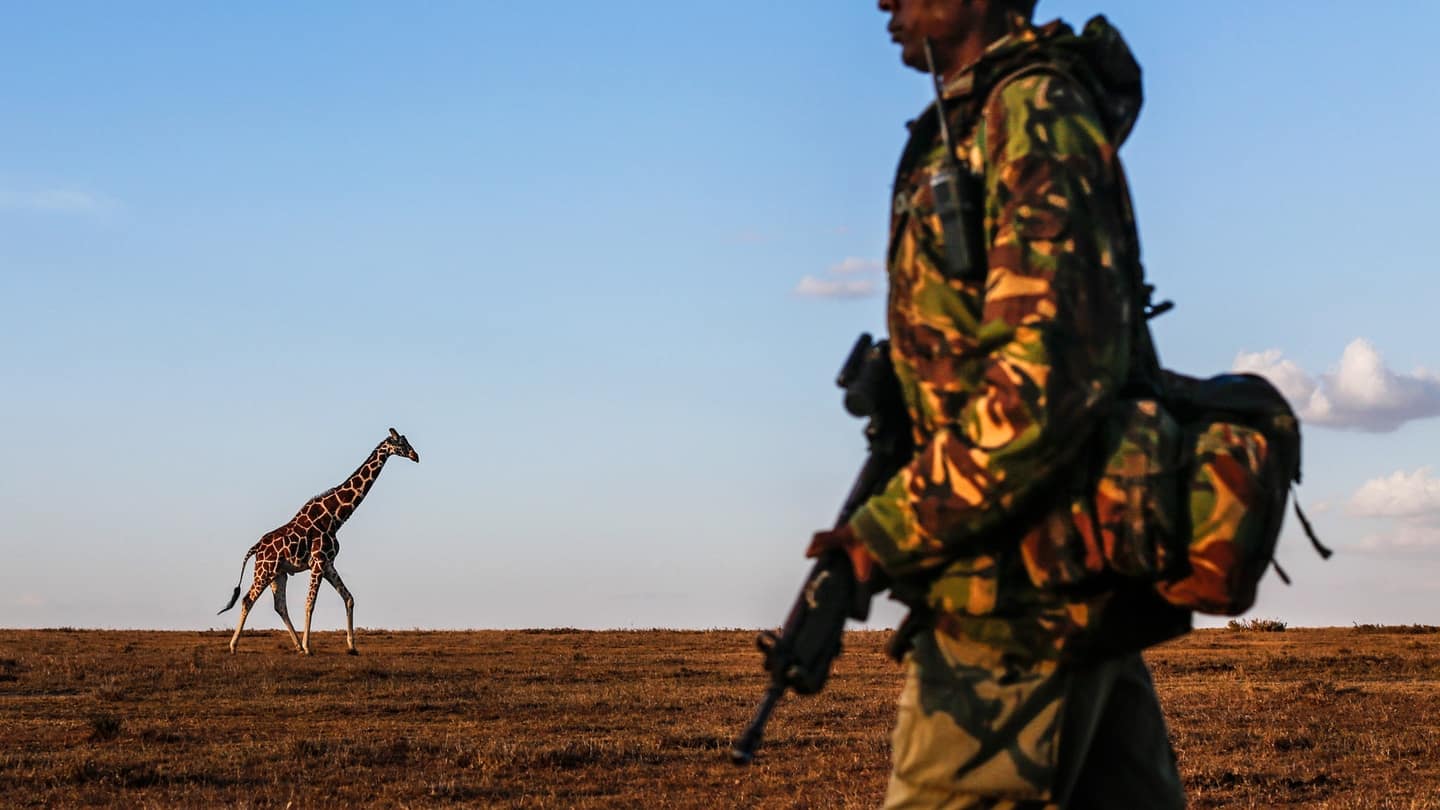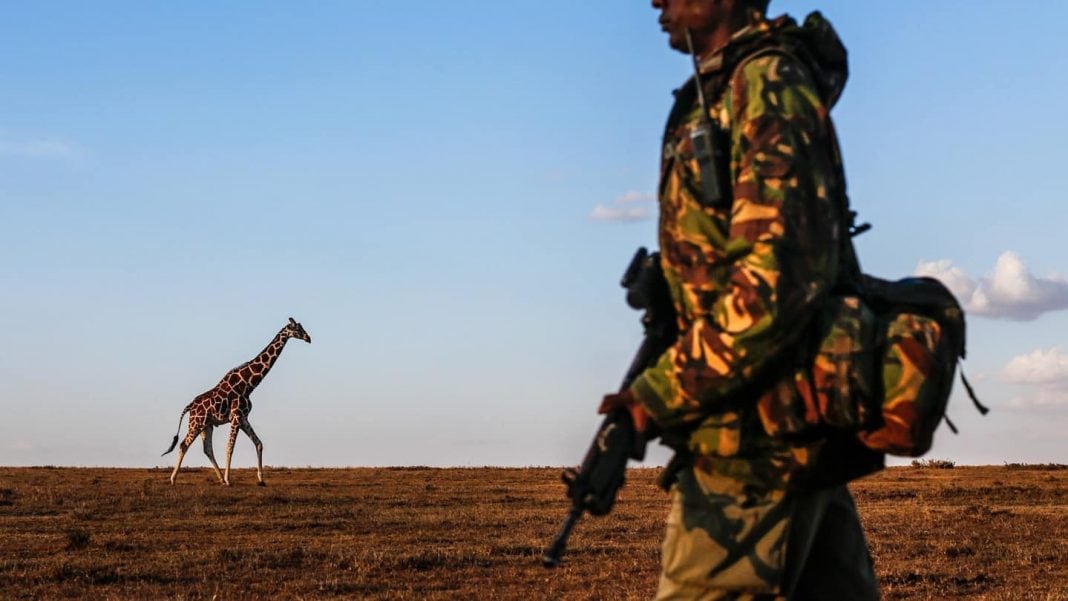
Namibia‘s fight against poaching is at the forefront in southern Africa. The country’s Ministry of Environment and Tourism claims 32 rhinos were poached in 2017 compared to 61 in 2016. This number is still dramatically less than in South Africa, where in 2017, the number of rhinos killed was 1,028. 2018 saw the number of rhinos poached increase slightly, although still less than its neighbours. For several years now, Namibia’s strategy has been a multi-pronged approach. This is both looking at supply and demand and involving public-private partnerships. What has this looked like in practice, and can it be replicated elsewhere?
The country is rich in prized game, such as elephants, rhinos, lions, and cheetahs. But, since its independence, Namibia, like its neighbours, has suffered from high levels of poaching and dwindling wildlife populations because of the high demand for rhino horns and elephant tusks. Professional poaching syndicates use increasingly sophisticated methods, including helicopters and night vision equipment, to track wildlife. Namibia has taken necessary measures to combat poachers by investing resources in protective measures. This is also in coordination with domestic security forces and the private sector while involving communities in the poaching areas.
Faced with a poaching crisis in 2014, the Ministry of Environment and Tourism announced the deployment of 300 anti-poaching units to the most affected regions. This number has now grown because of government investment and significant fundraising efforts from private donors. These well-trained units, with members originating from agencies including the Ministry of Environment and Tourism, Integrated Rural Development and Nature Conservation (IRDNC), and Wilderness Safaris, are also assisted by the Namibian Defence Force (NDF) and the police.
Graphic: ISAP (link)
Regarding intelligence, Namibia’s fight against poaching is supported by the non-profit organization Intelligence Support Against Poaching (ISAP). It creates awareness, utilises technology and gathers intelligence. Its software for intelligence and surveillance, Cmore, allows the anti-poaching units to communicate and generate information databases. Most importantly, ISAP relies on strong relationships with communities to spread awareness and acquire information from a vast network of informants. Since the founding of ISAP, the Ministry of Environment created a wildlife intelligence and investigations department to work with the Wildlife Crimes Prevention Unit, a body comprised of representatives from agencies of Namibia’s neighbours.
Namibia has realized that poaching is a security threat that requires collaboration between countries and harmonization of legislation to share intelligence. In 2016, an international advisor proposed harmonizing anti-poaching laws and penalties for Botswana, South Africa, Zambia, and Zimbabwe. Yet, none of these countries have implemented them. There is also a need for increased involvement of the regional defence forces in anti-poaching activities and for the government to enhance legislation.
Namibia also relies on the carrot and the stick when working with its communities. It has implemented fines of up to N$5 million (37,000 USD) or 25-year jail terms for elephant and rhino poaching. Since 2016, the Ministry of Environment and Tourism has rewarded whistleblowers N$60,000 (4450 USD). These are the ones who notify the anti-poaching unit regarding rhino and elephant poaching activity.
A spokesperson for the Ministry of Environment and Tourism made a sound statement. Even though the numbers show a decline in poaching cases, Namibia’s fight against poaching remains a concern. “As long as animal tusks have a market, we should continuously sharpen our strategies to anticipate the syndicates and prevent poaching”.
In support of this effort, the Ministry has put its money where its mouth is. They have allocated N$21.9 million (USD 1.75 million) of its 2018/19 budget to tourism development and gaming regulations. This also has an increased focus on wildlife crime and tourism development. Tinus Hansen, ISAP chief operating officer, says several factors drive the poaching pandemic. These include cumbersome legal systems, corruption and increased poverty levels. Namibia’s efforts demonstrate that they at least recognize this reality and are taking the initial steps. The question is whether they will be sufficient and whether the government will sustain the results.

